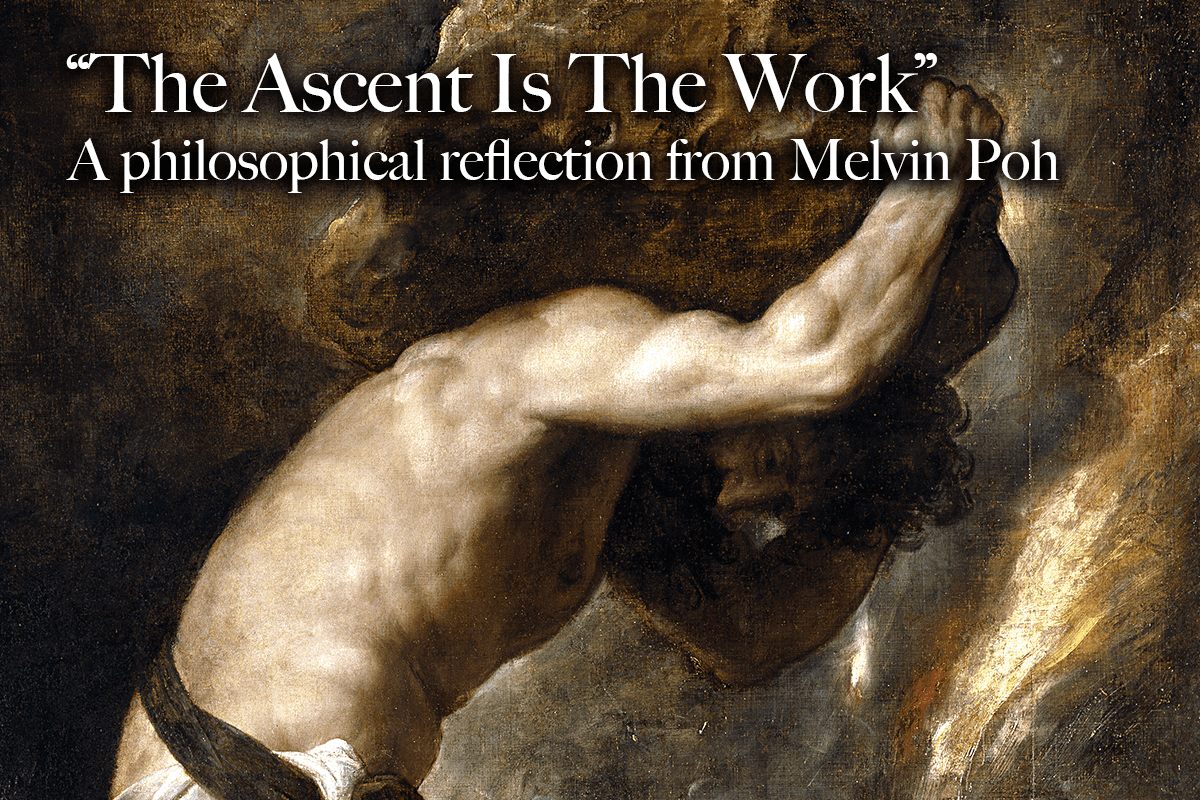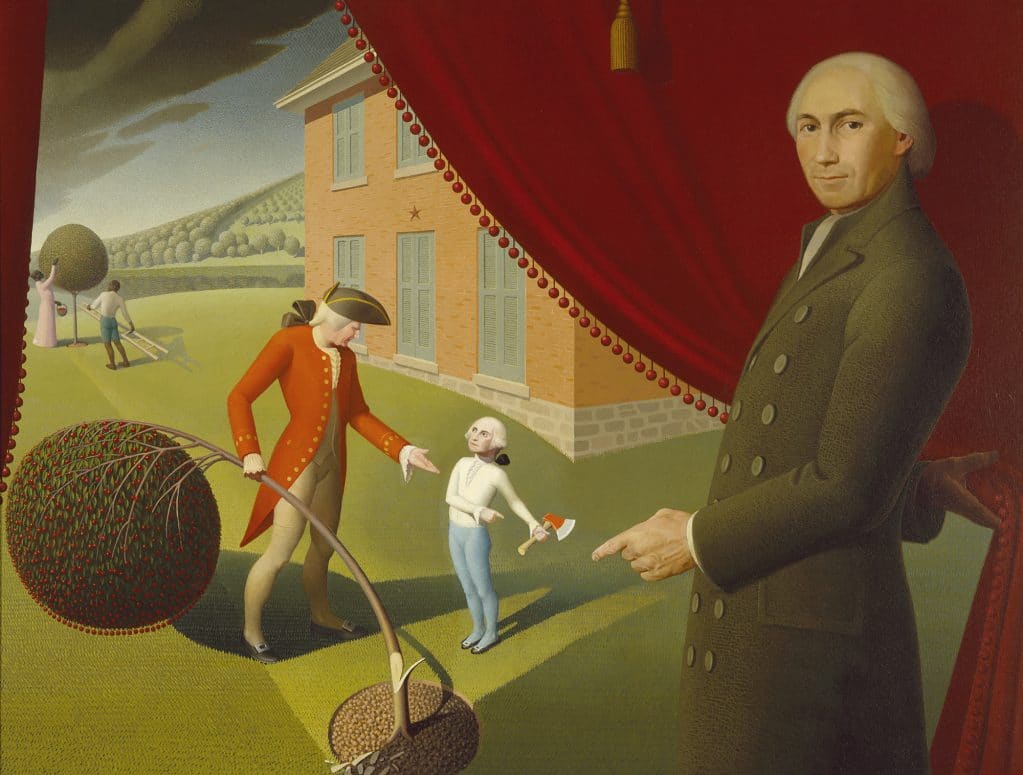
Serendipity In Terminal 3: Making Sense Of Life
Under the steel expanse of the airport’s departure lounge, I found myself nestled in a cozy corner, engrossed in the pages of a well-worn book. The rhythmic hum of announcements and the whirl of rolling suitcases set a familiar stage for yet another business trip. But as fate would have it, life was about to unveil its unpredictable nature, surprising me in the most unexpected way.
As I delved deeper into the philosophical musings of Søren Kierkegaard, one of my favourite philosophers, I felt a presence beside me. Glancing up, I saw a man in his late fifties, his disheveled appearance hinting at a life touched by unseen burdens. His eyes, though tired, held a quiet curiosity.
“Excuse me,” he began, pointing to the book in my hands. “Mind sharing what you’re reading? I’m always intrigued by what captures people’s interest.”
“Of course,” I replied, offering him a warm smile whilst holding up my book. “It’s a collection of writings by Søren Kierkegaard. He talks about the complexities of human existence.”
His eyes lit up with interest as he took a seat beside me. Thus began an impromptu conversation with Peter, a man whose story would unfold with a raw honesty that immediately struck a chord within me. Peter revealed that he was a once-successful architect whose life had been drastically altered by a string of personal tragedies, including the sudden death of his wife and the subsequent loss of his job. The pathos in his voice mirrored the aching questions I often grappled with in my philosophical pursuits.
“Do you ever wonder why things happen the way they do in life?” Peter asked, his eyes searching mine for answers.
A pensive silence hung between us for a moment. I set my book aside and met his gaze with mine, feeling an unexpected kinship.
“Yes, I do,” I said reflectively. “A lot of things have happened to me too that I don’t entirely understand. Life has been…a series of unexpected twists and turns. Sometimes, I find myself overwhelmed by the weight of it all.”
Peter’s eyes softened, an understanding passing between us. For a moment, we were two souls adrift on the same sea of uncertainty, seeking solace in the shared human experience.
“Life does that, doesn’t it?” he murmured. “Throws us into the deep end without warning.”
“It does,” I agreed. “But I’ve come to see that while we may not control what happens to us, we can seek to understand it in a way that help us grow. Philosophers have long pondered this—how to find meaning amid chaos.”
Peter nodded, taking a moment to absorb the words. “So, it’s about acceptance?”
“Yes, I suppose,” I continued, “and about transformation through understanding. The Stoics, for instance, believed that while we cannot control life’s events, we have mastery over our responses. Embracing suffering not as a curse but as a part of the greater whole that shapes us.”
Peter agreed then shared more of his journey—how, in the wake of his wife’s passing, he had fallen into a deep well of despair. He isolated himself from friends and family, his work faltered, and he struggled to find meaning. One day, while cleaning a forgotten corner of their home, he stumbled upon an old notebook of his wife’s. Within its pages, she had penned reminders of their happiest moments together, little notes about the simple joys that finally gave Peter the strength to take hold of his life again.
“She left..” he said, his voice nearly breaking. “Small yet powerful memories that helped me find my way back.”
The sense of catharsis Peter experienced through those memories was reminiscent of Nietzsche’s idea of amor fati, the love of one’s fate. Nietzsche encouraged embracing everything life throws at us, the trials and tribulations, and transforming them into a narrative of personal strength and meaning. Listening to Peter, I realised the profundity of loving and accepting our fates, irrespective of their inherent pain.
Peter revealed that he was actually on this flight to honour his wife in a deeply personal way. He was traveling to the place where they had spent their formative years.
“I’m going to scatter some of her ashes there,” he shared, his voice full of emotion. “I feel like it’s a way of bringing her back to a place that was so special for both of us. It’s my way of finally making sense of all this.”
As the final boarding call for our flight echoed through the lounge, we stood up to join the line. There was an unspoken acknowledgment between us—a recognition of the human capacity for resilience and transformation.
“Thank you,” he said, extending his hand.
“For what?”, I asked.
“For listening. It means more than you know.” he replied with a deep smile.
Clasping his hand warmly, I responded, “Thank you, Peter. Thank you for sharing.”
As we boarded the plane and settled into our seats, Peter’s story echoed in my mind—a tangible reminder of the unexpected challenges of life, yet the surprising resilience of the human spirit and the transformative power of reflection. The philosopher Epictetus once said, “We suffer not from the events in our lives, but from our judgment about them.” In Peter’s transformation, I witnessed this truth come alive.
Even as our meaningful exchange came to an end, I couldn’t help but reflect on how moments in life can surprise us—both in their appearance and their departure. It may seem scary and sad, but it’s also very beautiful. We are all bound by the intricacies and complexities of life, and sometimes, even two strangers like Peter and I can be united by our shared experience of life’s challenges and uncertainties.



